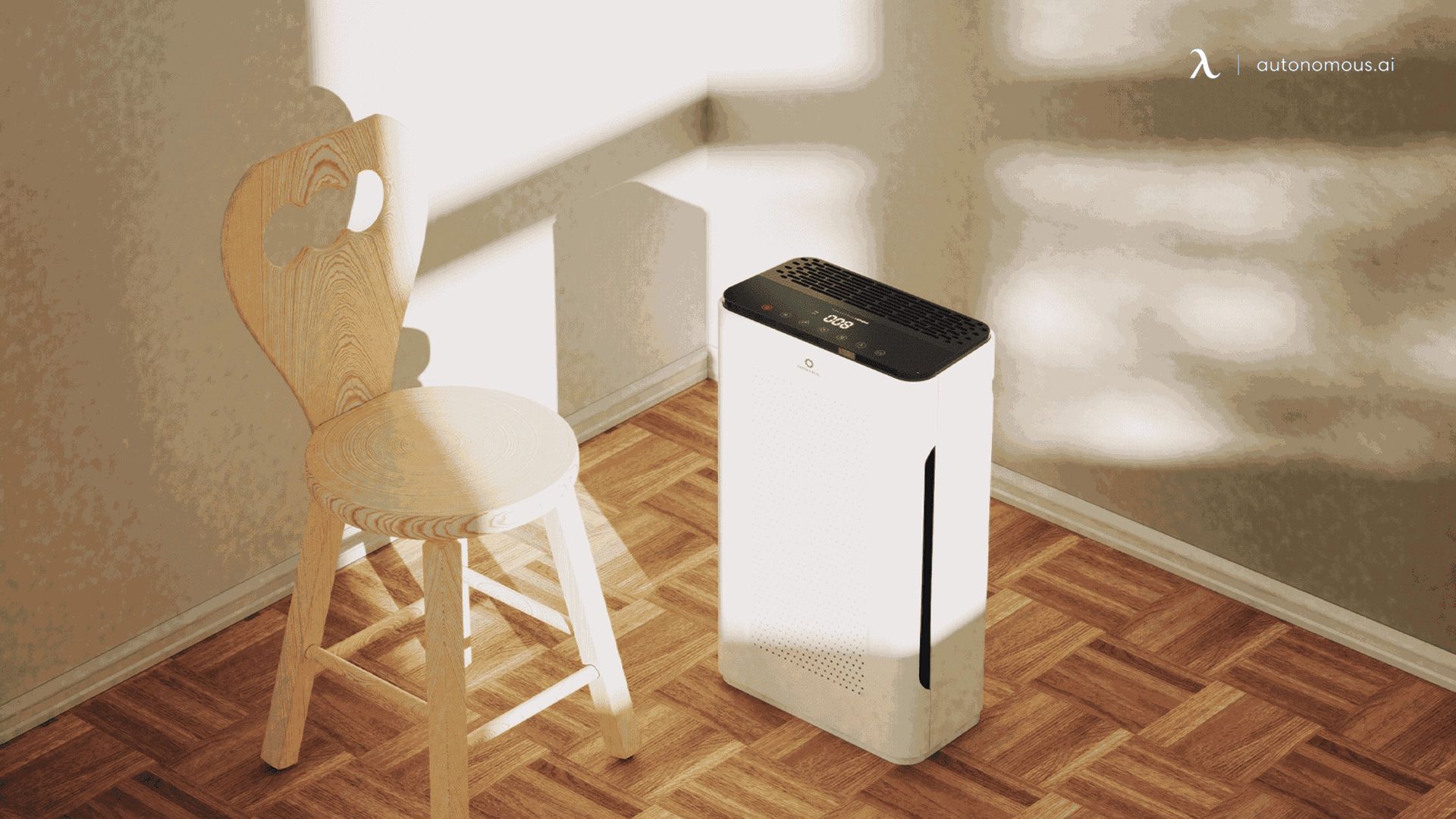- Newest
- Most viewed
Stay connected with us!

Oregon ADU Laws: Requirements, Permits & Size Limits
Understand Oregon ADU laws, permits, and size limits. Learn about zoning regulations, pre-approved ADU plans, and the process for building an ADU in Oregon.
Workplace Inspiration | Feb 18, 2025 277 views

Best Office Chairs for Core Strength
Smart Products | Feb 17, 2025 247 views
.webp)
The Ultimate Guide to Solar Heater for Shed Efficient Heating
Workplace Inspiration | Feb 11, 2025 420 views

Overhead Lighting vs. Lamps: Which Is Best for Your Office?
Workplace Inspiration | Feb 10, 2025 1,080 views

The Best Uncensored AI Image Generator
Latest Updates | Feb 10, 2025 1,831 views

New ADU Laws in California 2025
Workplace Inspiration | Feb 7, 2025 1,241 views

Best Coworking Spaces in Washington, DC
Remote Working | Feb 6, 2025 712 views

The Ultimate Guide to Spring Office Outfit
Latest Updates | Feb 4, 2025 542 views

AI Art Showdown: Midjourney vs. DALL-E
Latest Updates | Feb 3, 2025 970 views

Solar Shed Dehumidifiers: How to Keep Your Shed Dry and Mold-Free
Workplace Inspiration | Feb 5, 2025 1,035 views

Office Cubicle Etiquette: Do’s and Don'ts
Productivity | Feb 4, 2025 607 views

How to Build a PC for Video Editing?
Workplace Inspiration | Feb 4, 2025 1,066 views
